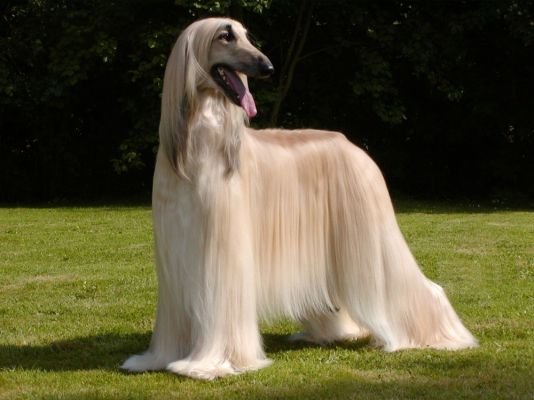





The Welsh Corgi: A Pocket-Sized Powerhouse with a Big Personality
Meet the Welsh Corgi—a tiny dynamo packed into a compact body, famous for its stubby legs, fox-like grin, and that iconic wiggle-walk. Whether herding sheep or ruling your couch, this breed’s charm is as endless as its energy. Let’s unpack what makes these royal favorites (and internet stars) tick!
Quick Facts
| Trait | Pembroke | Cardigan |
|---|---|---|
| Height | 25–30 cm (10–12 in) | 25–33 cm (10–13 in) |
| Weight | 10–12 kg (22–27 lbs) | 11–17 kg (24–37 lbs) |
| Lifespan | 12–15 years | 12–16 years |
| Tail | Often docked or naturally short | Long, bushy “fox tail” |
| Coat Colors | Red, sable, tri-color | Brindle, blue merle, black & tan |
Looks & Grooming
Imagine a fluffy potato with legs—that’s the Corgi! Their double coat (waterproof outer layer + cozy undercoat) comes in shades from golden-red to striking blue merle.
Grooming Hacks:
- Brush 2–3 times weekly to battle shedding (trust us, you’ll need lint rollers!).
- Trim nails monthly—those paws hide dangerously sharp claws.
- Clean ears weekly to prevent infections (floppy ears = moisture magnets).
Pro Tip: Skip daily baths—overwashing strips natural oils. Save suds for post-muddy adventures!
Personality & Brainpower
Corgis are the class clowns of the dog world: loyal, sassy, and slightly stubborn.
Key Traits:
- Family-Friendly: Loves kids but might herd them like sheep (gentle nudges included!).
- Social Butterflies: Gets along with cats… if introduced slowly. Squirrels? Fair game.
- Smarty-Pants: Learns tricks fast but might debate your commands. Use treats, not shouts!
- Separation Anxiety Alert: Leave them alone too long, and your shoes become confetti.
Fun Fact: Their ancestors herded cattle in medieval Wales by nipping heels. That sass? Centuries in the making!
Pros & Cons
| Pros | Cons |
|---|---|
| Hypoallergenic(ish) coat | Sheds like a snowstorm twice a year |
| Compact size for city living | Prone to back issues (no stairs, please!) |
| Loyal mini-watchdog vibes | Stubborn streak (good luck saying “no”) |
| Playful well into old age | Food thieves—hide your snacks! |
Feeding Tips
Fuel these little athletes with high-protein kibble (25%+ protein) to power those zoomies.
Daily Portions:
| Age | Amount |
|---|---|
| Puppy | ½–1 cup (split into 3 meals) |
| Adult | 1–1.5 cups (split into 2 meals) |
Watch Out For:
- Weight gain: A chunky Corgi = vet bills. Measure portions!
- Sensitive stomachs: Sudden diet changes? Expect drama.
Health Check
Generally sturdy, but keep an eye on:
- Hip Dysplasia: Ask breeders for OFA certifications.
- Degenerative Myelopathy: Common in seniors.
- Eye Issues: Annual vet checks catch early problems.
Prevention: Daily joint supplements + regular swims (low-impact exercise FTW!).
Finding Your Corgi
- Reputable Breeders:
• Look for health-tested parents (hips, eyes, DNA).
• Avoid “teacup” scams—Corgis aren’t meant to fit in purses! - Rescue Wins: Check breed-specific rescues—many adults need homes.
- Puppy Red Flags:
• No health guarantees.
• Pushers who say “Take him today!”
Did You Know? Queen Elizabeth II owned over 30 Pembrokes—making them royalty-approved!
Final Thought
The Welsh Corgi isn’t just a dog—it’s a lifestyle. Ready for endless laughter, stubborn standoffs, and a sidekick who’ll out-snuggle you? This breed’s your match. Just stock up on lint rollers… and maybe a stronger coffee. 🐾


